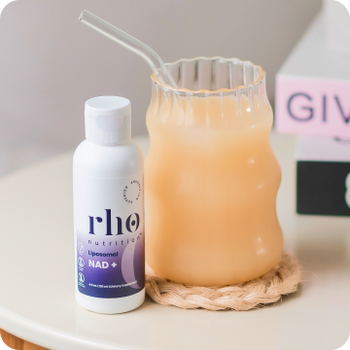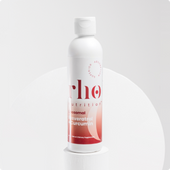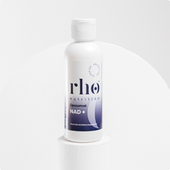Introduction
Liposomal vitamin C is a kind of vitamin C that's made using an alternative process. Instead of dissolving pure vitamin C in water, it's dissolved with phospholipids (like phosphatidyl choline). The manufacturing process causes the phospholipids and vitamin C to form into spheres (liposomes). Phosphatidyl choline comes from either lecithin or purified soy. This process makes liposomal vitamin C more bioavailable than other forms, so your body can use it more efficiently.
Liposomal vitamin C is made by combining vitamin C with phospholipids (like phosphatidyl choline)
To make liposomal vitamin C, vitamin C is combined with phospholipids. Phospholipids are found in cell membranes, and they’re made from lecithin or soy. When you ingest liposomal vitamin C, the phospholipids bring the nutrient into cells—and thus into your bloodstream—by creating a permeable membrane for it to pass through. Liposomal vitamin C is more bioavailable than other forms of vitamin C because it doesn’t have to go through an intestine wall and can travel directly through the capillaries that surround each cell in our bodies.
The manufacturing process causes the phospholipids and vitamin C to form into spheres (liposomes)
To make liposomal vitamin C, the phospholipids and vitamin C are combined in a process that causes the phospholipids to form into spheres (liposomes). The production of liposomal vitamin C is similar to homogenization.
Phosphatidyl choline comes from either lecithin or purified soy
A phospholipid is a fat that's found in all parts of the body and helps to form cell membranes. It's made up of two parts: a phosphate group and choline, hence its name. Phosphatidyl choline comes from either lecithin or purified soy (you'll see the latter on most labels).
Phosphatidyl choline can be used to make liposomal vitamin C because it dissolves easily in water, making it ideal for creating vesicles that contain dissolved ingredients like vitamin C.
Liposomal vitamin C has a higher bioavailability than other forms
You might be wondering if liposomal vitamin C is really that much better than other forms of vitamin C. The answer is "yes!"
Liposomal vitamin C has a higher bioavailability than other forms. By encapsulating the vitamin C in phospholipid technology, it's able to penetrate more easily in your cell membranes*. Liposomal vitamin C is more stable than other forms. In normal conditions of temperature and humidity, liposomal vitamin C generally lasts for at least a year*. Liposomal vitamin C is more affordable than other forms. Compared to most kinds of supplements (especially capsule-based supplements), liposomal vitamin C costs less money because it requires less processing and packaging materials.
Conclusion
We hope you’ve learned what liposomal vitamin C is, how it’s made and why it’s better than other forms. If you want to read more about the benefits of this form of vitamin C, check out our blog post on its antioxidant properties!








Leave a comment